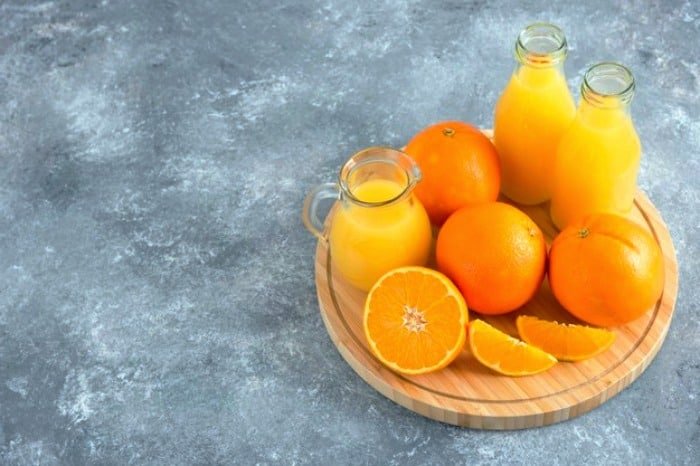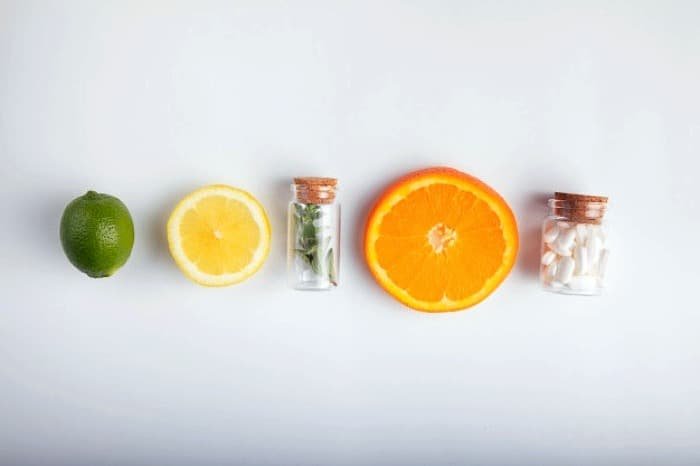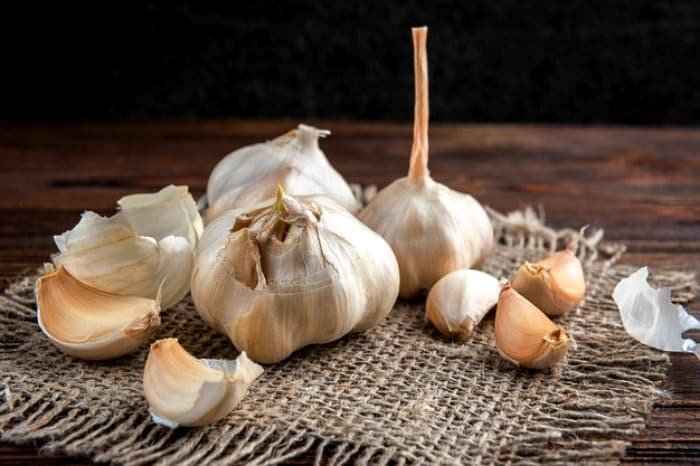Does…Vitamin C Coldcure?
Nowadays, most people reach for Vitamin C and its supplements at the first sign ofthe coldBut does Vitamin C really help prevent and treat this illness?
Colds are the most common infectious disease in humans, and on average, a person gets one several times a year.
It is often claimed that Vitamin C is a highly effective remedy. In 1970, Nobel Prize winner Linus Pauling proposed a theory suggesting Vitamin C could help treat colds;

Properties of Vitamin C for faster cold recovery
He also published a book about preventing colds through Vitamin C consumption, recommending a daily intake of 75 mg for women and 90 mg for men. At that time, there was no reliable study available, but more research followed in the decades after.
29 studies analyzed 11,306 individuals who consumed daily supplements of 200 mg or a little more of Vitamin C, but this did not reduce their risk of catching a cold. It turned out that the use of this supplement was merely a rumor rooted in the 60s and 70s when the famous scientist Linus Pauling claimed that high doses of Vitamin C prevented him from getting a cold, despite evidence showing otherwise. Interestingly, researchers have concluded that regular intake of Vitamin C does not even reduce cold symptoms.
However, regular consumption of Vitamin C supplements has many benefits, including:

Reducing the severity of a cold:
Taking them minimizes symptoms and lessens the severity of cold.
Shortening the duration of a cold:
Supplements can reduce recovery time by up to 8% in adults and 14% in children. Taking a dose of 1 to 2 grams intermittently is enough to shorten cold duration by 18%.
Other studies among adults showed that taking 6 to 8 grams per day is sufficient and effective. It seems that Vitamin C intake has a positive and remarkable effect on individuals experiencingstressand intense physical pressure.
Vitamin C reduces the duration of cold among cyclists and skiers by half.

Vitamin C for colds and its other benefits
Vitamin C is an antioxidant and essential for collagen production in the skin andcollagenis an essential protein in mammals that helps keep skin and various tissues firm and flexible.
A lack of VitaminC can lead to a disease known as scurvy, which is not a common issue today since most people get enough Vitamin C from their diet.
Vitamin C is concentrated in immune cells and reduces infections quickly.
A deficiency in Vitamin C significantly weakens the immune system and increases the risk of infections. Therefore, getting enough Vitamin C during an infection is a good and appropriate idea.

What other substances, besides Vitamin C, are suitable for cold treatment?
Other nutrients and foods that can help treat colds include:
Flavonoids:
These are antioxidants found in fruits and vegetables. Studies indicate that flavonoid supplements can reduce the risk of infections in the lungs, throat, and nasal passages by up to 33%.
Garlic:
Garlic contains antimicrobial compounds that can help fight respiratory infections. If you want to use Vitamin C to reduce the severity and duration of a cold, make sure not to overdose, as too much Vitamin C can cause unwanted side effects.

Good and healthy sources high in Vitamin C include:
- Oranges
- Kale
- Bell peppersRed







